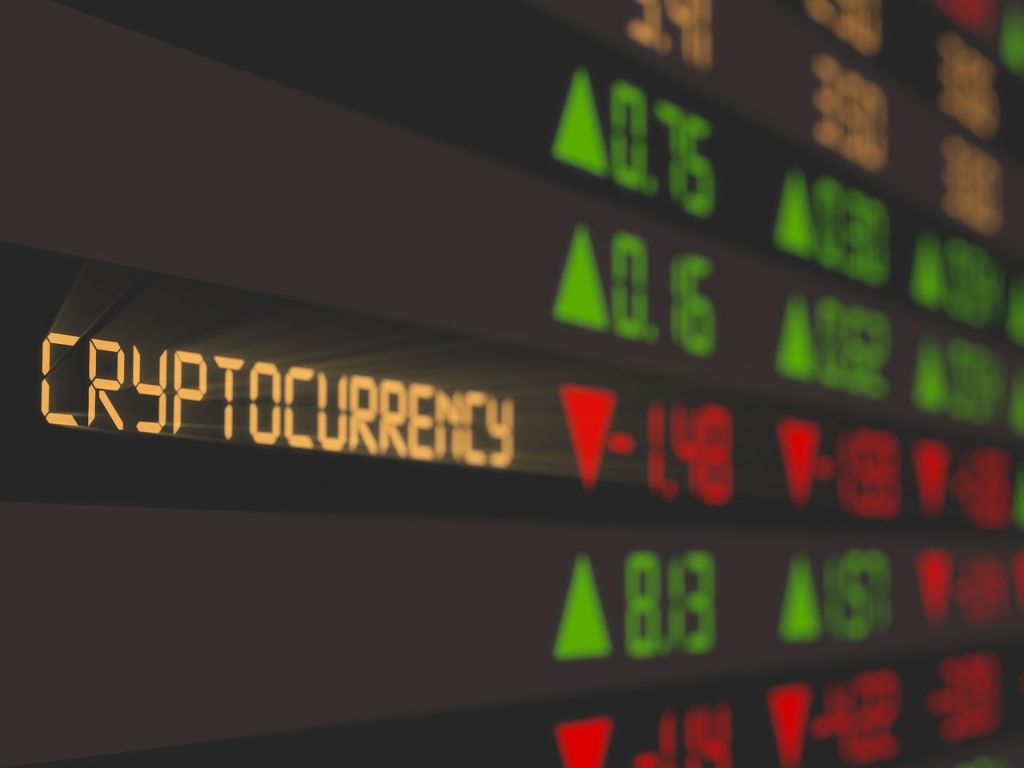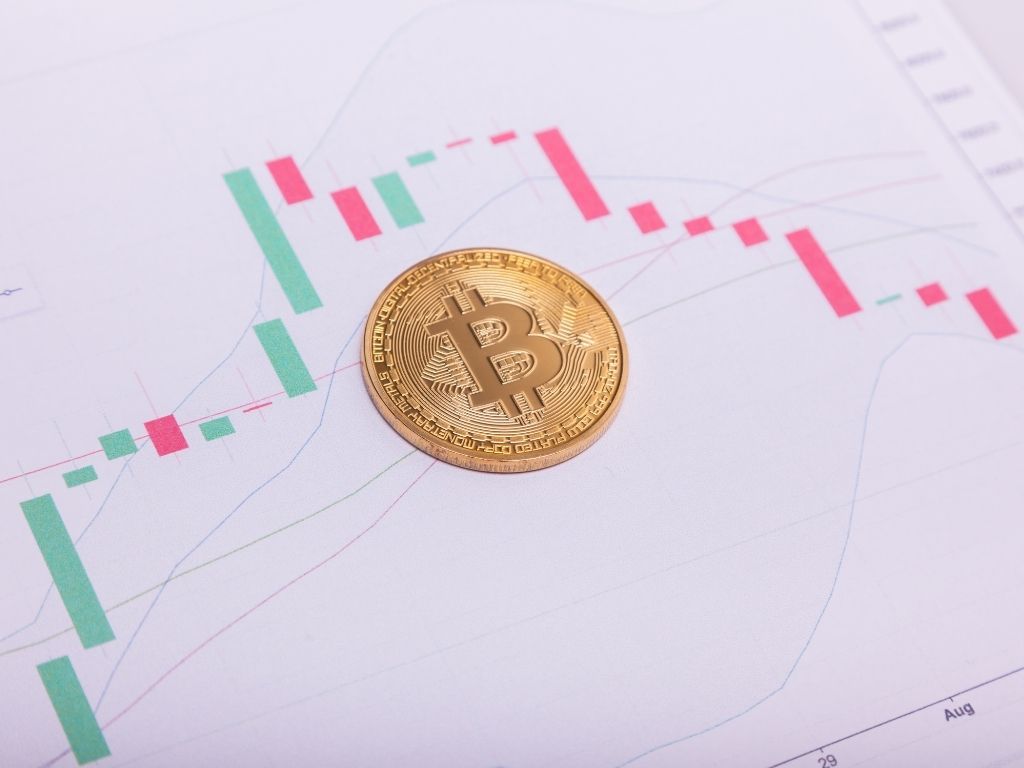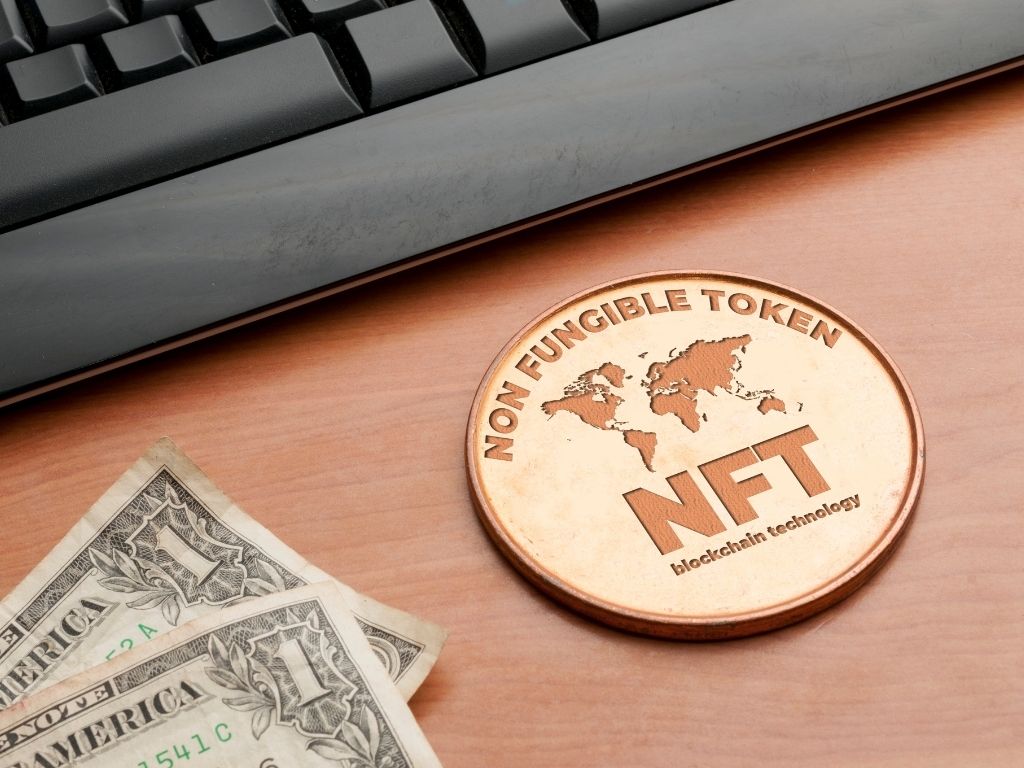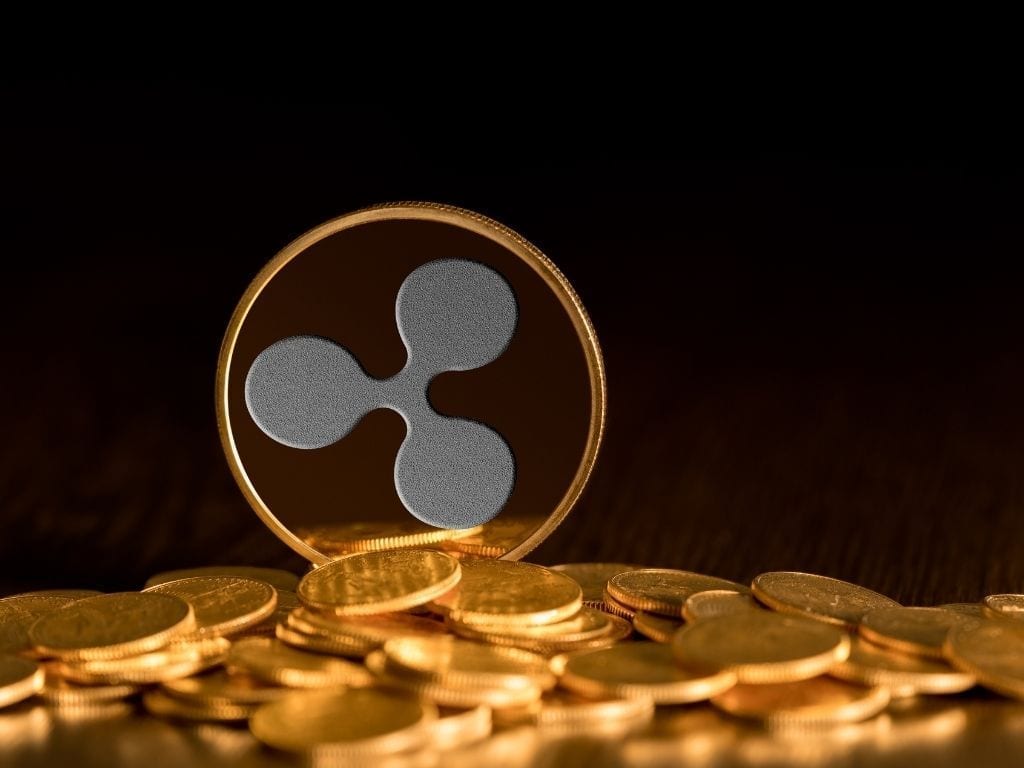What Is NFT Insider Trading And Top 6 Intriguing Reasons That It Matters
NFTs, or Non-Fungible Tokens, have surged to the forefront of digital innovation, transforming the way we perceive and exchange digital assets. Unlike cryptocurrencies such as Bitcoin or Ethereum, which are fungible and can be exchanged on a one-to-one basis, it represent unique digital items or collectibles, each with its own distinct value and ownership record.
At the core of the lies blockchain technology, specifically Ethereum’s blockchain, which enables the creation and trading of these digital assets in a decentralized manner. Each is embedded with metadata that verifies its authenticity, ownership, and provenance, providing a transparent and immutable ledger of ownership.
The appeal of NFTs spans across various industries, from art and music to gaming and digital real estate. Artists can tokenize their work, allowing them to retain ownership rights and receive royalties every time their piece is sold or traded. Musicians can release limited edition albums or concert tickets as NFTs, offering fans exclusive perks and experiences.
In the gaming world, NFTs enable players to truly own in-game assets, such as characters, skins, or virtual real estate, which can be traded or sold in secondary markets. This introduces new possibilities for monetization and player-driven economies within games.
However, the meteoric rise of NFTs has also sparked debates around environmental concerns due to the energy-intensive nature of blockchain transactions, particularly on networks like Ethereum. Critics argue that the carbon footprint of NFTs undermines their potential benefits and sustainability.
Moreover, the NFT market has witnessed volatility and speculation, with prices for digital collectibles fluctuating wildly. While some NFTs have fetched millions of dollars in auctions, others have struggled to find buyers, raising questions about the long-term viability and valuation of these assets.
Despite the challenges and controversies, it represents a paradigm shift in how we perceive and interact with digital assets, empowering creators, collectors, and consumers alike with new avenues for expression, ownership, and value exchange in the digital age. As the technology continues to evolve and mature, they are poised to redefine ownership and authenticity in the digital realm for years to come.
Also, read- Top 5 Amazing Business Use Cases For NFTs In The Coming Years In The NFT World
What is NFT Insider Trading?

“NFT insider trading” refers to the unethical practice of using privileged information or access to gain an unfair advantage in the market for Non-Fungible Tokens. This type of trading occurs when individuals exploit confidential information about upcoming NFT releases, collaborations, or other events to buy or sell NFTs before the public is aware of such information, thereby profiting from their insider knowledge.
The concept of insider trading is not new and has long been associated with traditional financial markets, where individuals with access to non-public information about publicly traded companies use that information to make trades that benefit them financially. With the emergence of NFTs and their rapidly growing market, similar practices have begun to surface within the space.
One common scenario of insider trading involves individuals who have insider knowledge about upcoming releases or collaborations within the community. For example, an artist may share information with a select group of individuals about an upcoming drop of limited edition artwork before making the announcement public. Those who receive this information ahead of time may purchase the NFTs at a lower price before the general public becomes aware of the release, allowing them to profit when the prices inevitably rise after the official announcement.
Similarly, individuals who have connections with NFT platforms, marketplaces, or influential figures within the NFT community may gain access to information about upcoming partnerships, events, or developments that could impact the value of certain NFTs. Armed with this insider knowledge, they can make informed investment decisions that give them an unfair advantage over other market participants.
NFT insider trading can also occur in secondary markets, where individuals with access to information about large NFT transactions or influential buyers and sellers use that information to predict price movements and make profitable trades ahead of the general public.
One of the challenges with detecting and preventing NFT insider trading lies in the decentralized and pseudonymous nature of blockchain technology, which underpins most NFT transactions. Unlike traditional financial markets, where regulatory bodies can monitor and investigate suspicious trading activities, the NFT market operates with fewer regulations and oversight, making it easier for insider trading to go undetected.
However, despite the lack of regulatory oversight, there are steps that can be taken to mitigate the risks of NFT insider trading. NFT platforms and marketplaces can implement stricter policies and procedures for disclosing information about upcoming releases or events to ensure transparency and fairness in the market. Additionally, community-driven initiatives and watchdog groups can help raise awareness about the risks of insider trading and advocate for greater accountability within the ecosystem.
Insider trading poses a significant threat to the integrity and fairness of the market, allowing individuals with privileged access to exploit their insider knowledge for personal gain at the expense of other market participants. While detecting and preventing insider trading in the decentralized world it presents unique challenges, proactive measures can be taken to promote transparency, fairness, and trust within the NFT ecosystem.
GM Web3! 🌐
— Mercek 🔍 (@WorldOfMercek) February 19, 2024
Flipping shitcoins for profits is one thing, but what if you can earn extra yields as you trade?
There’s a new memecoin that combines high speculative potential with NFTs and gamefi.
Launching on Feb 20th, let’s explore! 📡🧵 pic.twitter.com/XbEUY3z1W0
Why does NFT insider trading Matter

The booming NFT market, while exciting, faces challenges like insider trading, which erodes trust and fair competition. Here are some crucial tips to prevent such unethical activity:
For NFT Marketplaces:
-
Clear and Detailed Insider Trading Policy: Establish a comprehensive policy defining “insider information,” prohibited activities, and disciplinary actions. Regularly review and update this policy to remain compliant with evolving regulations.
-
Employee Monitoring and Education: Implement robust monitoring systems to track employee trading activity and flag suspicious patterns. Regularly educate employees on insider trading policies and their roles in upholding market integrity.
-
Restricted Trading Windows: Designate “blackout periods” where employees are prohibited from trading specific NFTs before sensitive information becomes public. This could be around announcements, partnerships, or platform changes.
-
Anonymous Reporting Mechanism: Provide a secure and confidential channel for users and employees to report suspected insider trading. This encourages vigilance and fosters a culture of ethical conduct.
-
Data Security and Access Control: Implement strong data security measures to protect sensitive information and restrict unauthorized access. Employ multi-factor authentication and access control lists (ACLs) to tighten data gates.
-
Collaboration with Regulators: Actively engage with regulators and industry organizations to stay informed about evolving regulations and best practices for preventing insider trading.
-
Public Disclosure and Transparency: Encourage transparency by disclosing relevant information about upcoming releases, partnerships, and platform changes publicly and well in advance. This minimizes opportunities for information asymmetry.
For Developers and Project Teams:
-
Limited Insider Access: Restrict access to sensitive information (e.g., pre-mint lists, hidden attributes) to a limited number of individuals with a clear need-to-know basis. Utilize non-disclosure agreements (NDAs) where necessary.
-
Randomized Minting and Distribution: Consider random minting and distribution processes to eliminate biases and prevent targeted allocations that could benefit insiders.
-
Community Engagement and Communication: Regularly communicate with your community about project updates, roadmap, and decision-making processes. Foster open dialogue and address concerns promptly to build trust and minimize information asymmetry.
For Individual Users:
-
Be Wary of Exclusive Access Opportunities: Approach pre-sale or whitelist opportunities with caution, especially if offered through non-official channels. Scrutinize the source and terms carefully before participating.
-
Research and Verify: Don’t follow trading advice blindly. Conduct your own research, verify information sources, and understand the risks involved before making investment decisions.
-
Report Suspicious Activity: If you suspect insider trading, report it to the platform, project team, or appropriate regulatory body. Your vigilance can help protect the overall market integrity.
Additional Considerations:
- Regulatory Landscape: The regulatory landscape surrounding NFTs is still evolving. Staying informed about relevant regulations and adapting accordingly is crucial.
- Community-Driven Solutions: Encourage community involvement in developing and enforcing ethical standards, fostering a collaborative approach to combating insider trading.
- Continuous Improvement: As the NFT ecosystem evolves, continuously evaluate and update prevention measures to adapt to new challenges and maintain a fair and healthy market.
By implementing these measures, NFT marketplaces, developers, and users can work together to create a more ethical and transparent NFT landscape, fostering trust and sustainable growth for all stakeholders. Remember, preventing insider trading requires a multi-pronged approach and ongoing vigilance. Let’s safeguard the exciting potential of NFTs by building a fair and trustworthy ecosystem.
Conclusion
In conclusion, insider trading is a significant issue that threatens the integrity, fairness, and trust within the burgeoning market for Non-Fungible Tokens. It matters because it distorts price discovery, erodes investor confidence, undermines market efficiency, facilitates manipulation, raises legal and regulatory concerns, and jeopardizes the long-term sustainability of the ecosystem.
Addressing the risks associated with insider trading is crucial for fostering a fair, transparent, and trustworthy marketplace where all participants have equal opportunities to participate and succeed. By implementing stricter policies, promoting transparency, and advocating for greater accountability, stakeholders can work together to mitigate the risks of insider trading and uphold the integrity of the market.
Ultimately, by promoting integrity and fairness, the ecosystem can continue to thrive and evolve, unlocking new opportunities for creators, investors, and enthusiasts alike in the exciting world of digital ownership and innovation.
Stay informed with daily updates from Blockchain Magazine on Google News. Click here to follow us and mark as favorite: [Blockchain Magazine on Google News].
Get Blockchain Insights In Inbox
Stay ahead of the curve with expert analysis and market updates.
latest from tech
Disclaimer: Any post shared by a third-party agency are sponsored and Blockchain Magazine has no views on any such posts. The views and opinions expressed in this post are those of the clients and do not necessarily reflect the official policy or position of Blockchain Magazine. The information provided in this post is for informational purposes only and should not be considered as financial, investment, or professional advice. Blockchain Magazine does not endorse or promote any specific products, services, or companies mentioned in this posts. Readers are encouraged to conduct their own research and consult with a qualified professional before making any financial decisions.

 Bitcoin
Bitcoin  Ethereum
Ethereum  Tether
Tether  XRP
XRP  Solana
Solana  Dogecoin
Dogecoin  USDC
USDC  Lido Staked Ether
Lido Staked Ether  Cardano
Cardano  TRON
TRON  Avalanche
Avalanche  Toncoin
Toncoin  Wrapped stETH
Wrapped stETH  Chainlink
Chainlink  Wrapped Bitcoin
Wrapped Bitcoin  Shiba Inu
Shiba Inu  Sui
Sui  Hedera
Hedera  Stellar
Stellar  Polkadot
Polkadot  WETH
WETH  Hyperliquid
Hyperliquid  Bitcoin Cash
Bitcoin Cash  LEO Token
LEO Token  Uniswap
Uniswap  Litecoin
Litecoin  Pepe
Pepe  Wrapped eETH
Wrapped eETH  NEAR Protocol
NEAR Protocol  Ethena USDe
Ethena USDe  USDS
USDS  Aave
Aave  Aptos
Aptos  Internet Computer
Internet Computer  Cronos
Cronos  POL (ex-MATIC)
POL (ex-MATIC)  Mantle
Mantle  Ethereum Classic
Ethereum Classic  Render
Render  WhiteBIT Coin
WhiteBIT Coin  Dai
Dai  Monero
Monero  Bittensor
Bittensor  MANTRA
MANTRA  Artificial Superintelligence Alliance
Artificial Superintelligence Alliance  Arbitrum
Arbitrum  Filecoin
Filecoin 




